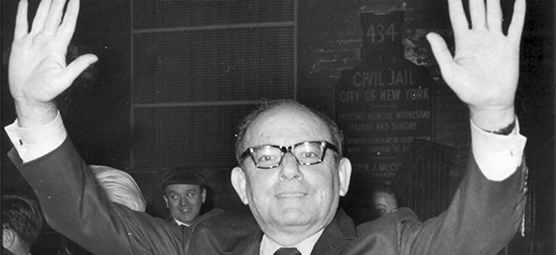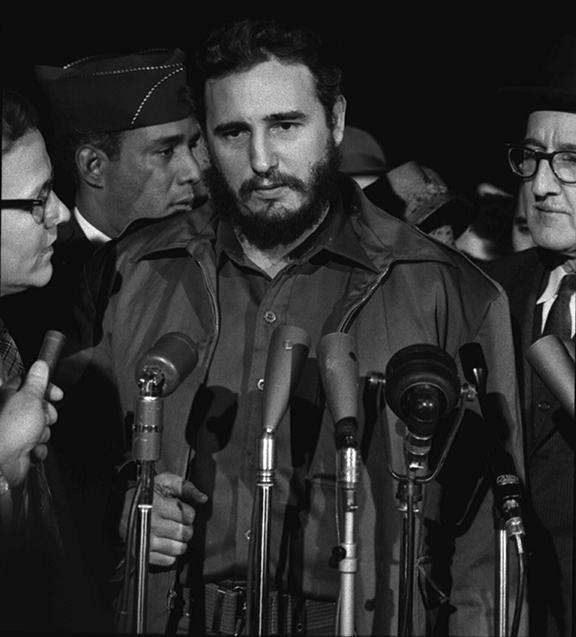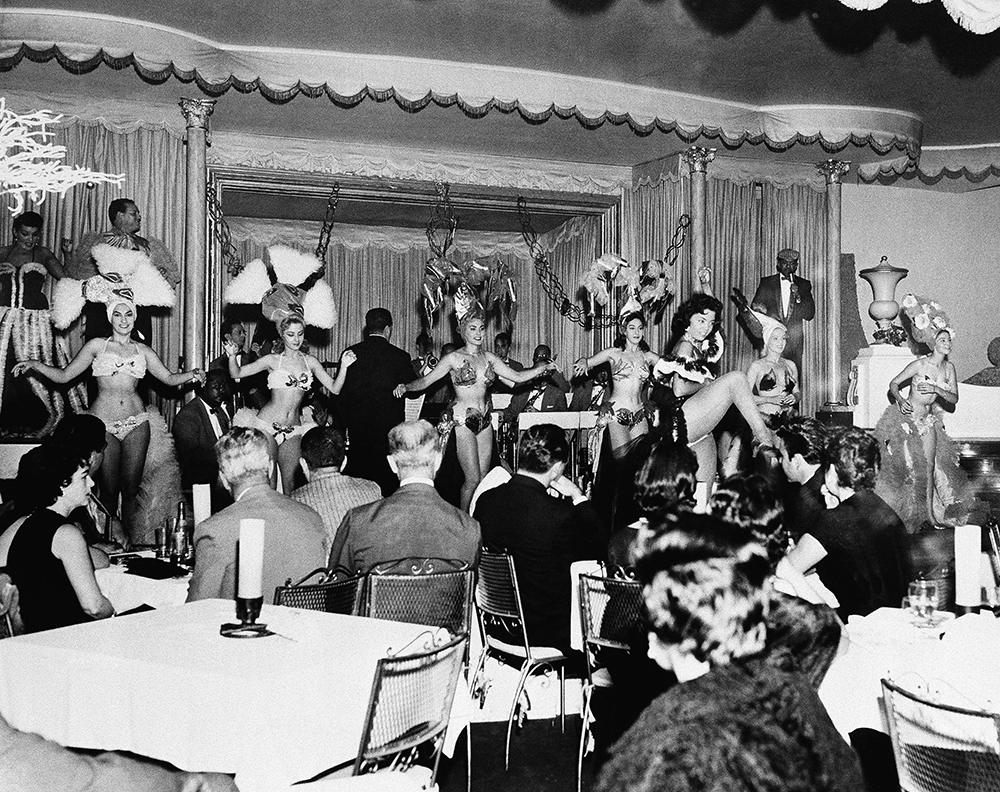Florida Mafia boss Santo Trafficante Jr. died 30 years ago March 17
Quiet but powerful ex-Cuba casino owner was target of ‘Donnie Brasco’ sting


At 7:25 p.m. on January 3, 1953, Florida Mafia boss Santo Trafficante Jr. had just finished dinner with his wife and children at his father-in-law’s house in the Ybor City section of Tampa, Florida. He walked outside and got into a 1951 Mercury sedan driven by one of his associates. The men started to drive away when another sedan drove past the Mercury, the occupants unloading a blast of buckshot as they passed. Trafficante scrambled out the passenger-side door. The gunmen drove off, unaware they had failed to kill Trafficante, merely grazing his arm. Santo told the state attorney, “I don’t have an enemy in the world. I think it was a case of mistaken identity.”
But Santo knew who was behind the killing – a rival Mafia faction. A few months later, two members of that group took the train to New York City to drum up support for a move against Santo. They never returned. By December 1953, one more rival was dead and another was too scared to even venture out of his home. Santo Jr., who had inherited the leadership of the Tampa Mafia around 1950 when his father, Santo Sr., fell ill, had now completed his consolidation of power in Tampa and beyond.
Over the next 30-plus years, Trafficante, Jr. rose to oversee Mafia operations across the state of Florida. He owned and operated some of the most lavish casinos in pre-Castro Cuba. He was a well-respected boss, even among the far larger New York crime families. When the CIA decided to recruit the Mob in their efforts to assassinate Fidel Castro, they went to see Trafficante. And then there are the infinite conspiracy theories about the assassination of President Kennedy, many of them featuring Trafficante.
For all the power he wielded, Trafficante was often described as quiet and reserved. He was married to his wife for 49 years. They lived in modest, ranch-style houses in quiet neighborhoods in Tampa and Miami. He dressed nicely but not ostentatiously, and his choice of cars was never flashy. He was, in many ways, the archetypical old-school Mob boss.

In the early 1980s Trafficante was ensnared in two major cases that could have sent the aging don to prison for the first time in his life, apart from his time in the Triscornia detention camp in Cuba following Castro’s takeover in 1959. The first case stemmed from the FBI’s well-known Donnie Brasco undercover sting operation. Santo was one of the FBI’s targets in that case. Early in Trafficante’s federal court case in 1986, the judge declared a mistrial. The other case was a RICO indictment for insurance fraud. He was severed from that trial for medical reasons.
By 1987, the Mafia boss, who had walked the casino floors of the Sans Souci in Cuba, dined and hobnobbed with Frank Sinatra in the nightclubs and hotels of South Beach, and who commanded a presence in Tampa that is still felt today, was suffering from a diseased kidney and bad heart. He flew to Houston on March 15 for heart bypass surgery. He died on March 17, 1987. He returned to Tampa for the last time for internment in the L’Unione Italiana Cemetery.
Scott M. Deitche is the author of six books on organized crime, including a biography of Santo Trafficante Jr., and has written dozens of articles on organized crime for magazines and newspapers. He has been featured on the History Channel, A&E, Discovery Channel, AHC, Oxygen Network and many local and national news shows. He is currently working on his seventh book, “The Jersey Mob.”
Feedback or questions? Email blog@themobmuseum.org





